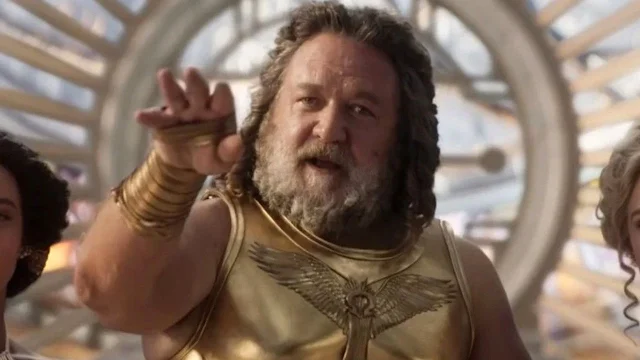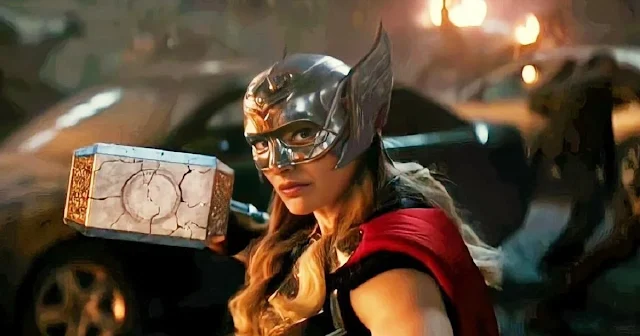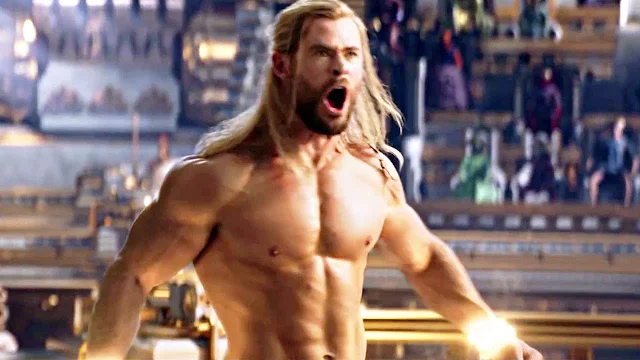 |
| Natalie Portman and Julianne Moore in May December |
Cast: Natalie Portman, Julianne Moore, Charles Melton, Cory Michael Smith, Elizabeth Yu, Gabriel Chung, Piper Curda, D.W. Moffett, Lawrence Arancio. Screenplay: Samy Burch, Alex Mechanik. Cinematography: Christopher Blauvelt. Production design: Sam Lisenco. Film editing: Affonso Gonçalves. Music: Marcelo Zarvas.
The high-concept way of looking at May December is to call it the Mary Kay Letourneau scandal filtered through Ingmar Bergman's Persona (1966). But that's reducing the complexity of Todd Haynes's film to a formula, and there's nothing formulaic about Haynes's work, except that his films are often about the secret lives of middle-class women: the woman suffering from a mysterious illness in Safe (1995), the woman with a closeted gay husband who has an interracial affair in Far From Heaven (2002), the woman in a closeted lesbian relationship in Carol (2015). And that his films are sometimes homages to other directors, such as Douglas Sirk in Far From Heaven and Carol. But Haynes centers his work on the unknowability of his characters, who resist giving up their secrets. In May December the actress Elizabeth Berry (Natalie Portman) tries to get to know everything she can about Gracie Atherton-Yoo (Julianne Moore), the Mary Kay Letourneau analogue whom she is set to portray in a movie. She snoops into every aspect of Gracie's life, even to the extent of sleeping with Gracie's husband, Joe Yoo (Charles Melton), with whom Gracie had the scandalous relationship when she was 36 and he was 13. But the truth eludes her about almost everything in Gracie's life, from how the relationship between a middle-aged woman and a teenager began to what the status of their relationship is now, 23 years later. (Haynes gives us scenes between Gracie and Joe that Elizabeth doesn't witness.) She finds that even the family gossip is unreliable. So although we get an image of Elizabeth mirroring Gracie, which evokes a similar image of the merging of Bibi Andersson and Liv Ullmann in Persona, we find that it's only an image. At the end, we see Elizabeth playing Gracie as a scene is filmed, and not only is the Gracie she's performing not much like the one we've seen, but the scene requires multiple takes, each one different from the other. It's a subtle and intricate movie, perhaps as much Rashomon (Akira Kurosawa, 1950) as it is Persona.



















